In a highly skeptical report, the Legislative Analyst's Office called for almost a complete overhaul of plans to build California's $43 billion high-speed rail project -- the state's biggest public works effort ever.
The LAO called plans to build the Los Angeles-to-San Francisco service "highly uncertain," current oversight "inadequate" and "too weak" and funding assumptions far too "optimistic." And it concluded that the project will likely cost much more than $43 billion.
The independent analyst's office recommended taking oversight of the project away from the nine-member High-Speed Rail Authority and turning it over to Caltrans. It recommended slowing down spending, renegotiating federal requirements that construction begin next year and building the first segment either in the Bay Area or Los Angeles and not in the sparsely populated Central Valley, as now planned.
The most critical comments zeroed in on financial plans. In 2008, state voters approved $9 billion in bonds for high-speed rail.
The LAO estimated that should the state issue all of those bonds, its "total principal and interest costs for repaying the debt would be $18 billion to $20 billion. This would require annual debt service payments of roughly $1 billion for the next two decades."
The LAO report also hammered away at the lack of funds to cover the estimated $1 billion a year it will take to operate train service, saying it could place added pressure on the state's general fund.
The report criticized the lack of oversight, saying the high-speed rail board is not accountable to either the executive or legislative branches. This, the LAO concluded, "creates a risk that the board will pursue its primary mission -- construction of the statewide high-speed rail system -- without sufficient regard to other state considerations, such as state fiscal concerns."
But the report also concluded that the speedy trains could alleviate the need to build 3,000 new miles of freeways, five airport runways and 90 new departure gates at a cost of $100 billion to meet future travel needs.
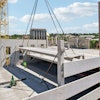

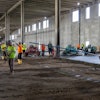

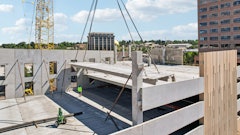

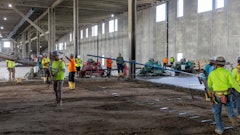

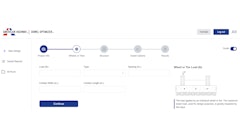
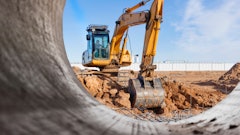
![Fcp Racatac Chair 10893876[1]](https://img.forconstructionpros.com/mindful/acbm/workspaces/default/uploads/2025/10/fcp-racatac-chair-108938761.10l0At5WXv.png?ar=16%3A9&auto=format%2Ccompress&bg=fff&fill-color=fff&fit=fill&h=135&q=70&w=240)
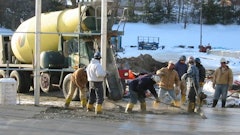
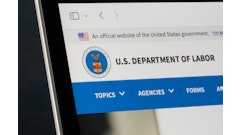
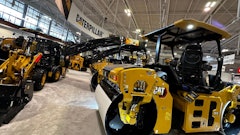
![Building Angled Sm Edit 6050b8d213f1b[1]](https://img.forconstructionpros.com/mindful/acbm/workspaces/default/uploads/2025/09/building-angled-sm-edit6050b8d213f1b1.Ygq5aAos3b.png?ar=16%3A9&auto=format%2Ccompress&crop=focalpoint&fit=crop&fp-x=0.53&fp-y=0.23&fp-z=2&h=135&q=70&w=240)